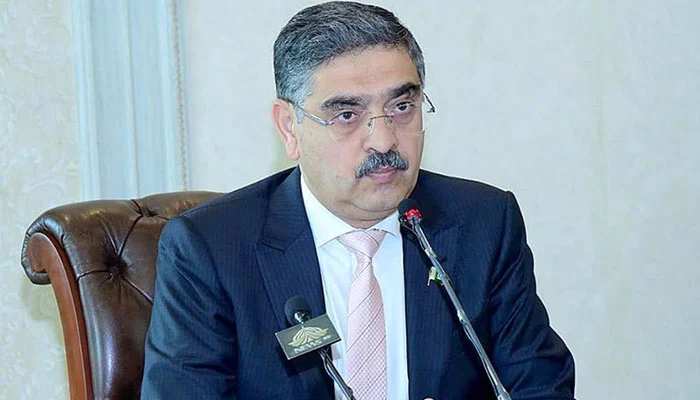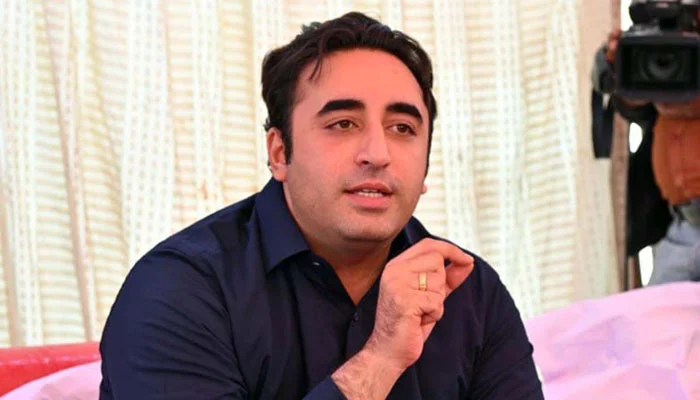In a significant development in Pakistan’s political landscape, Prime Minister Imran Khan’s Special Assistant on Youth Affairs, Senator Asif Kardar Kakar, has been nominated as the Leader of the Senate by Prime Minister Imran Khan. This decision comes amid a broader reshuffling of key positions within the Senate.
Sources indicate that Senator Salim Mandviwala from the Pakistan Peoples Party (PPP) has been appointed as the Deputy Chairman of the Senate, a crucial position within the parliamentary structure. Senator Mandviwala is expected to assume responsibilities equivalent to those of the Minister of State.
The appointment of Senator Salim Mandviwala as Deputy Chairman has raised eyebrows, given the significance of the role in the Senate. It is anticipated that his role will be equivalent to that of a Minister of State, amplifying the influence he will yield within the government.
On the other hand, the Pakistan Peoples Party has expressed objections to the nomination of former Finance Minister Ishaq Dar as the leader of the opposition in the Senate. The PPP contends that, in the absence of Shehbaz Sharif as Prime Minister, someone other than Ishaq Dar should be nominated for the position.
The PPP’s argument revolves around the notion that if Shehbaz Sharif cannot be the Prime Minister, then the leader of the opposition in the Senate should not be Ishaq Dar either. They suggest that another senator, not associated with the ruling party, should be nominated for the position.
The political maneuvering and nominations within the Senate reflect the intricate dynamics of power and representation in Pakistan’s parliamentary system. As the Senate takes shape with new leaders, the dissent from the PPP adds an additional layer of complexity, indicating the ongoing negotiations and contests for key positions within the political arena. The outcomes of these appointments will undoubtedly influence the political landscape and parliamentary proceedings in the coming days.



